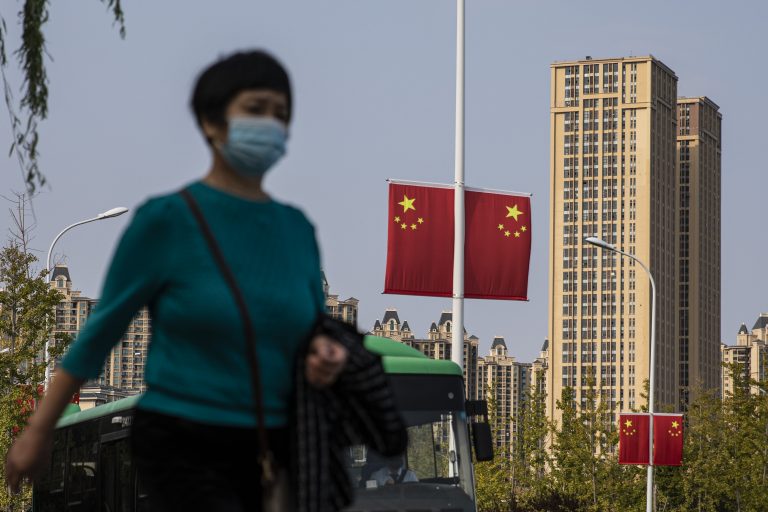While investors are fixated on the fate of Evergrande, the Chinese real estate developer isn’t the only property company in the country facing trouble. Several other firms in the sector are having difficulty repaying debts as China’s property market moves towards a collapse.
Evergrande has more than $300 billion in debt, of which $20 billion is accounted for by international bonds. The firm has delayed paying some of its interest payments on bonds. However, the company’s debt pile is so massive that investors are worried there might not be enough assets to repay creditors. Evergrande’s shares are down by 80 percent this year.
Shenzhen-based Fantasia luxury apartment developer failed to pay $315 million in debts earlier this month. The company’s shares have fallen by 60 percent in 2021. Sinic Holdings has warned it might default on around $250 million worth of bond payments that were originally due on Oct. 18. Modern Land, based in Beijing, missed interest payment on a $250 million bond recently. The share price of the company is down by half this year.
“Although the amount is small, relatively, ongoing concerns about the property sector in China appear to be weighing on sentiment in Asia,” Jeffrey Halley, senior market analyst for Asia Pacific, said in a research note.
In a recent report, S&P Global Ratings warned that a third of China’s real estate firms could have their liquidity “acutely strained.” Some of the $84 billion in debts due to mature by the end of 2022 are at risk of default.
Success
You are now signed up for our newsletter
Success
Check your email to complete sign up
Over half of Chinese developers in the agency’s portfolio have been classified “most at risk” of such a scenario since the bonds issued by these companies are rated as junk.
“The entities have also made heavy use of funding via joint ventures and trust loans, given they have been largely shut out of more conventional funding… New regulations and weak sentiment are squeezing these capital channels… The idea that entities may be abruptly deprived of such funding, threatening refinancing plans and potentially triggering defaults, is a large part of our scenario analysis,” S&P analysts Matthew Chow and Aeon Liang said in a research note.
Meanwhile, some of the more risky developers are finding it difficult to raise money via junk bonds. Such bonds are called so because they come with a higher risk of default than normal bonds. Up to 80 percent of the $197 billion in outstanding debt in China’s international high-yield bond market is accounted for by real estate firms.
“With this source of funding mostly shut and revenue from home sales likely to stay weak, industry participants are concerned that more Chinese property developers could struggle to repay dollar debt that comes due in the coming months. More than $6 billion of junk-rated debt from the sector matures in January alone,” according to the media outlet. In January alone, over $6 billion worth of junk debt will mature.














